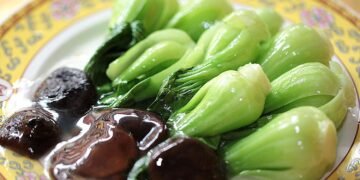Innovating Sustainability: The Biomass Breakthrough in Wind Turbine Blade Recycling
The quest for sustainable wind energy takes a significant leap forward with the National Renewable Energy Laboratory’s (NREL) latest discovery—a groundbreaking resin derived from biomass that could revolutionize the recycling of wind turbine blades.
A Resin to Resolve Recycling Woes
NREL’s pioneering research unveils a new bio-based resin, aptly named PECAN (PolyEster Covalently Adaptable Network), that matches the performance of traditional thermoset resins used in the industry. This resin not only exhibits comparable durability but also introduces a paradigm shift in recyclability through gentle chemical processes, a stark contrast to the current practice of repurposing shredded blades as concrete filler.

PECAN: A Sustainable Solution
PECAN’s innovation lies in its ability to be fully broken down chemically in a mere six hours, a process that can be repeated indefinitely, thus embodying the principles of a circular economy. This limitless recycling potential is a game-changer, as emphasized by Ryan Clarke, NREL’s postdoctoral researcher, who envisions a future where blade components are perpetually reused, reducing waste and promoting sustainability.
Engineering Excellence and Environmental Stewardship
The research team’s dedication to excellence and sustainability is encapsulated in the successful testing of a 9-meter blade prototype made with PECAN. This prototype not only held its shape under rigorous conditions but also dispelled concerns about “creep,” reassuring the viability of PECAN for large-scale applications.
A Collaborative Triumph
The publication of this research, a collaborative effort across five NREL research hubs, heralds a new era in polymer science, challenging the notion that recyclable materials compromise performance. The team’s collective expertise is paving the way for a future where wind turbine blades are no longer resigned to landfills but are integral to a sustainable, circular economy.










































